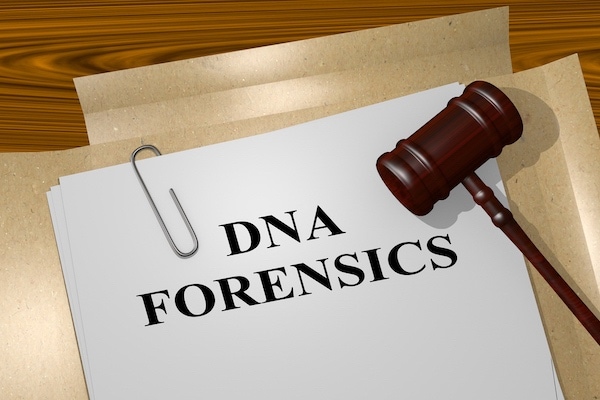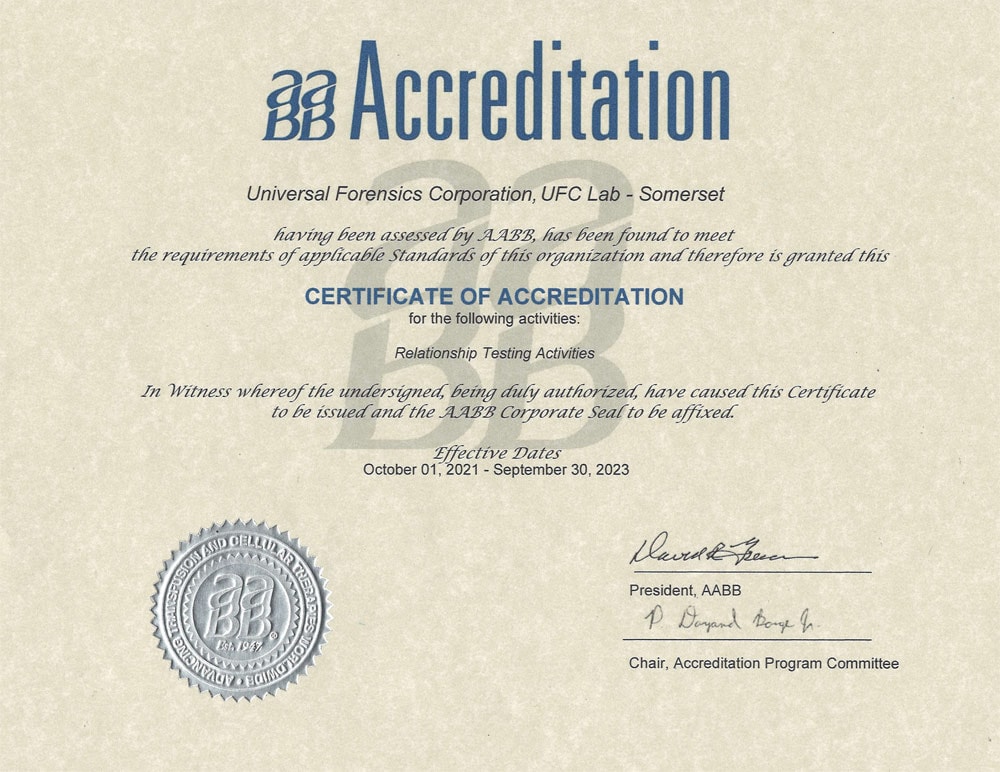Using Legal DNA in The Criminal Justice Field

The advancements of DNA testing has improved many areas in today’s society and brought forth advancements in solving some of history’s biggest questions. Criminal justice is just one of the fields where a DNA test can change everything. DNA forensics allow for law enforcement to be better equipped at catching someone who has committed a recent crime. DNA has also allowed for thousands of cold-cases to be closed, and it has also helped exonerate the falsely convicted. Because of the implications they can have on a case, a legal DNA test goes through an extremely cautious process when being tested to ensure the sample is not tampered with.
When handling a DNA sample for a criminal investigation, there is no room for error. If improperly handled, the analysis of a sample can result in the exclusion of evidence during the trial. This is why a legal DNA test sample must be collected, whether on-site or delivered, with extreme caution to ensure that there has not been any contamination to the sample. Companies that handle these types of samples, such as Relialab, document every step of the process to avoid the sample from being excluded in a case. The documentation is presented alongside the results of a DNA test to prove that all necessary steps and precautions were taken.
The precautions taken don’t just stop when testing the sample. When the final results are produced, they are not handed over to just anyone. Most reliable labs will only give the test results to the person who requested the test in the first place. This is to ensure that the results do not end up in the wrong hands and can be manipulated. In the event that the results were requested by an organization, we ensure that the representative retrieving the results is apart of the organization before handing them over. In legal cases, DNA can be the determining factor of whether a person is guilty or not and that is why we take every precaution necessary.
Legal matters can be a complex area and add in questionable test results, it can become a mess or a trial. When hiring a company to test DNA results regarding a legal case, ensure that the lab is utilizing best practices. Also, when having this form of DNA testing performed, you want to make sure the lab hired is up to date on all laws. Laws and testing methods are frequently changing and having a lab that is behind can bring into question if the results will be allowed as evidence on a case.







